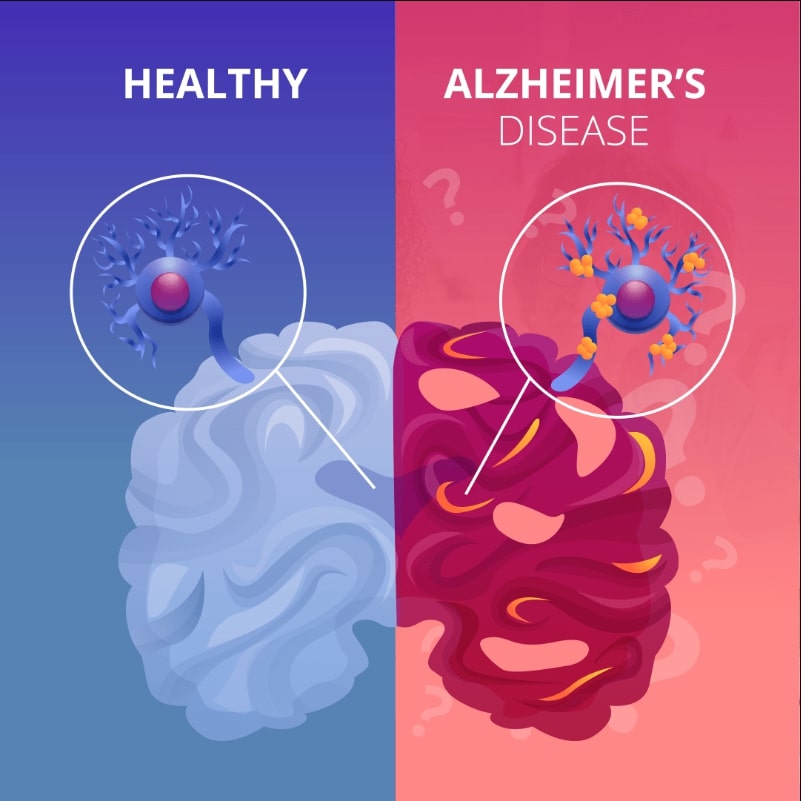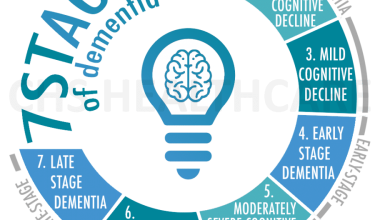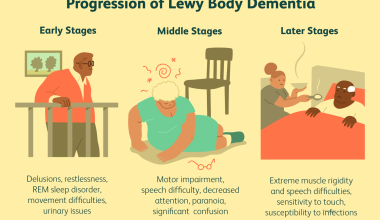As an Amazon Associate, I earn from qualifying purchases
Page Contents
ToggleIntroduction
Alzheimer’s disease, a progressive neurodegenerative disorder, poses significant challenges to both patients and their families. Understanding the causes, stages, life expectancy, and available treatments is crucial in navigating this complex landscape. In this comprehensive guide, we delve into the intricacies of Alzheimer’s, shedding light on the mysteries that surround this debilitating condition.
Alzheimers Disease Causes
Alzheimers disease is a complex neurodegenerative disorder, and understanding its causes is crucial for advancing research and developing effective treatments. Alzheimers disease causes are multifactorial, involving a combination of genetic, environmental, and lifestyle factors. Genetic predisposition plays a significant role, with certain gene variants, such as the APOE epsilon 4 allele, increasing the risk of developing Alzheimer’s.
Moreover, abnormal protein deposits, such as beta-amyloid plaques and tau tangles, are hallmark features of Alzheimer’s pathology. The accumulation of these proteins disrupts communication between brain cells and leads to their degeneration over time. Additionally, inflammation and oxidative stress are believed to contribute to the progression of the disease.
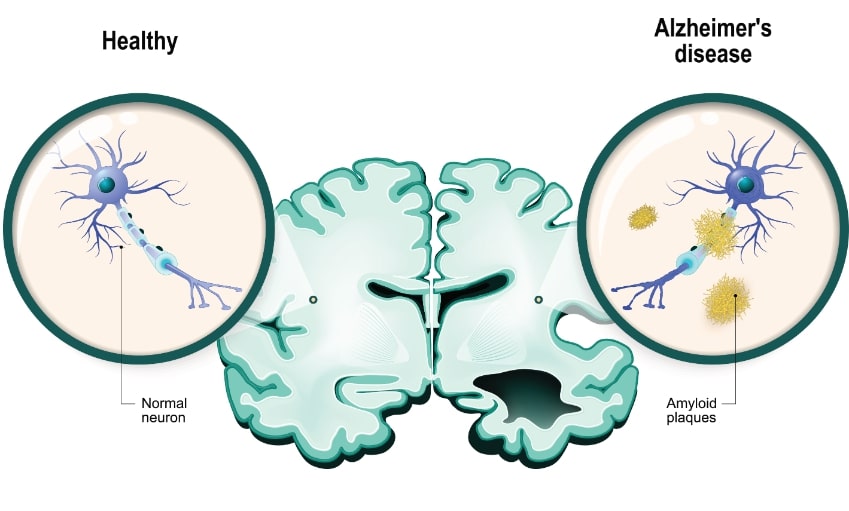
Environmental factors, such as cardiovascular health and head injuries, also play a role in Alzheimer’s development. Lifestyle choices, including diet, exercise, and social engagement, may influence the risk of developing the disease. Research continues to uncover the intricate interplay of these factors in the complex tapestry of Alzheimer’s disease causes, offering hope for targeted interventions and preventive strategies in the future. Understanding these causes is pivotal in the quest to unlock effective therapies and ultimately find a cure for this devastating condition.
-
Genetics and Familial Factors Alzheimer’s disease often has a genetic component, with individuals having a family history of the condition being at a higher risk. Mutations in certain genes, such as the APOE gene, are associated with an increased susceptibility to Alzheimer’s.
-
Age as a Key Factor Age is the primary risk factor for Alzheimer’s disease. The likelihood of developing the condition increases substantially with advancing age. While Alzheimer’s is not a normal part of aging, the risk rises significantly after the age of 65.
-
Neurochemical Factors Imbalances in brain chemicals, particularly neurotransmitters, play a role in Alzheimer’s. Disruptions in the production and function of neurotransmitters, like acetylcholine, contribute to the cognitive decline observed in Alzheimer’s patients.
-
Environmental Factors Certain environmental factors may influence the development of Alzheimer’s disease. Chronic exposure to high levels of aluminum, for example, has been studied for potential links to Alzheimer’s, although conclusive evidence is lacking.
-
Head Injuries and Trauma Traumatic head injuries, especially those involving loss of consciousness, have been identified as a potential risk factor for Alzheimer’s disease. Taking precautions to prevent head injuries is crucial in minimizing this risk.
Alzheimers Disease Stages
Alzheimers disease progresses through distinct stages, each marked by specific cognitive and functional changes. Recognizing Alzheimer’s disease stages is essential for caregivers, healthcare professionals, and individuals affected by the condition. In the early stages, individuals may experience mild memory loss and subtle changes in cognitive abilities. These symptoms often go unnoticed or are attributed to normal aging.
As Alzheimer’s advances, the stages become more apparent. Memory loss intensifies, and individuals may struggle with familiar tasks, exhibit mood swings, and face challenges in communication. These middle stages also witness a decline in problem-solving abilities and judgment.
In later Alzheimers disease stages, individuals may require assistance with daily activities as cognitive decline becomes more severe. Memory loss becomes profound, and communication skills diminish significantly. The person may lose awareness of their surroundings and even struggle with recognizing close family members.
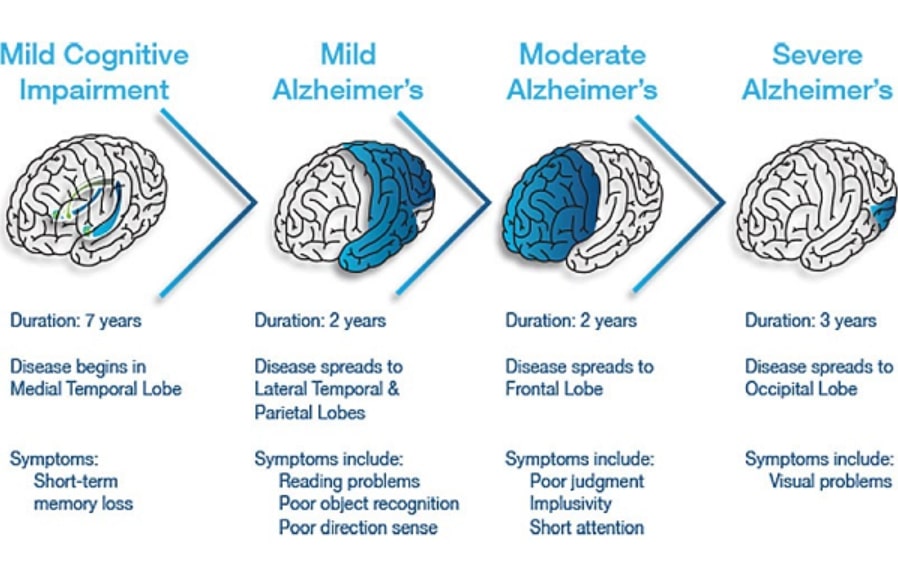
Understanding Alzheimers disease stages helps caregivers anticipate and address evolving needs. Healthcare professionals use these stages to tailor interventions and support strategies. While there is no cure for Alzheimer’s, identifying and comprehending these stages is crucial for providing the best possible care and enhancing the quality of life for those navigating the challenging journey of Alzheimer’s disease.
Understanding the progression of Alzheimer’s disease is essential for effective management and care. Alzheimer’s is typically divided into several stages, each characterized by distinct symptoms and challenges:
-
Preclinical Stage In the preclinical stage, individuals may show no noticeable symptoms, but subtle changes in the brain are occurring. Biomarkers like abnormal levels of beta-amyloid and tau proteins can be detected through advanced imaging techniques.
-
Mild Cognitive Impairment (MCI) MCI is often considered an intermediate stage between normal age-related cognitive decline and more serious conditions like Alzheimer’s. Individuals with MCI may experience noticeable memory and cognitive deficits but can still perform daily activities.
-
Mild Alzheimer’s Disease The initial stage of Alzheimer’s disease involves mild memory loss and cognitive decline. Individuals may have difficulty with familiar tasks, struggle with word finding, and experience challenges in social or work settings.
-
Moderate Alzheimer’s Disease In the moderate stage, cognitive decline becomes more pronounced. Memory loss intensifies, and individuals may require assistance with daily activities. Behavioral and psychological symptoms, such as agitation and confusion, become more apparent.
-
Severe Alzheimer’s Disease The severe stage is characterized by a significant decline in cognitive function and the ability to communicate. Individuals may lose awareness of their surroundings, experience difficulty swallowing, and require constant assistance with daily care.
Exploring Alzheimers Disease Life Expectancy: Factors, Insights, and Supportive Strategies
Understanding the impact of Alzheimers on life expectancy is crucial for patients and their families. While life expectancy varies based on factors like age and overall health, Alzheimer’s can significantly affect longevity.
-
General Impact on Life Expectancy On average, individuals diagnosed with Alzheimer’s disease may live around eight to ten years after the onset of symptoms. However, life expectancy can vary widely, and some individuals may live with the condition for two decades or more.
-
Coexisting Health Conditions The presence of other health conditions can influence life expectancy in Alzheimer’s patients. Managing comorbidities and maintaining overall health is vital in enhancing longevity and quality of life.
-
Individual Variability The progression of Alzheimer’s disease varies from person to person. Factors such as genetics, overall health, and the effectiveness of support and care can contribute to individual variability in life expectancy.
Treatment for Alzheimers Disease
While there is currently no cure for Alzheimers disease, various treatment approaches aim to alleviate symptoms and improve the quality of life for patients and their caregivers.
-
Medication Medications such as cholinesterase inhibitors (e.g., donepezil, rivastigmine) and memantine can help manage cognitive symptoms. These drugs aim to enhance neurotransmitter function and slow the progression of cognitive decline.
-
Non-Pharmacological Interventions Non-drug interventions, including cognitive stimulation, physical exercise, and art therapy, can provide meaningful engagement for individuals with Alzheimer’s. These activities may enhance cognitive function and emotional well-being.
-
Supportive Care Providing a supportive and structured environment is crucial in caring for individuals with Alzheimer’s disease. Caregivers play a pivotal role in offering emotional support, assistance with daily activities, and maintaining a safe living environment.
-
Clinical Trials and Research Ongoing research and clinical trials explore new treatment modalities and potential breakthroughs in Alzheimer’s care. Participation in clinical trials can contribute to the advancement of knowledge and the development of innovative treatments.
Navigating the Alzheimers Stages Timeline
Understanding the progression of Alzheimer’s disease is akin to deciphering a complex timeline, with distinct stages marking the journey:
-
Early Signals: Preclinical Stage The preclinical stage often goes unnoticed, with no apparent symptoms. However, advanced imaging techniques can detect subtle changes in biomarkers, such as abnormal levels of beta-amyloid and tau proteins.
-
Intermediate Phase: Mild Cognitive Impairment (MCI) MCI serves as a bridge between normal age-related cognitive decline and Alzheimer’s. Individuals may experience noticeable memory and cognitive deficits while still managing daily activities.
-
The Unfolding: Mild Alzheimer’s Disease In the initial stage of Alzheimer’s, mild memory loss and cognitive decline become evident. Challenges with familiar tasks and struggles in social or work settings mark this stage.
-
Deepening Shadows: Moderate Alzheimer’s Disease Progressing to the moderate stage intensifies cognitive decline. Memory loss becomes more pronounced, and individuals may require assistance with daily activities. Behavioral and psychological symptoms gain prominence.
-
Into the Abyss: Severe Alzheimer’s Disease The severe stage is characterized by a significant decline in cognitive function and communication abilities. Awareness of surroundings diminishes, and constant assistance with daily care becomes essential.
Conclusion
As we embark on this journey through the labyrinth of Alzheimers disease causes, stages, life expectancy, and treatment options, we find ourselves armed with knowledge and compassion. By decoding the enigma surrounding Alzheimer’s, we inch closer to effective interventions, improved caregiving, and perhaps, one day, a breakthrough that will transform the landscape of Alzheimer’s care. Let’s stay informed, stay united, and continue the relentless pursuit of understanding and conquering Alzheimer’s disease.
Frequently Asked Questions (FAQs) About Alzheimer’s Disease Causes, Stages, Life Expectancy, and Treatment
1. What are the primary causes of Alzheimers disease?
Alzheimers disease is influenced by various factors. Genetic predisposition, aging, neurochemical imbalances, environmental influences, and traumatic head injuries are among the key causes. Understanding these factors helps in early detection and management.
2. Can Alzheimer’s disease be inherited, and how does genetics play a role?
Yes, there is a genetic component to Alzheimer’s. Individuals with a family history, especially those with specific gene mutations like APOE, are at a higher risk. While genetics contribute, other factors such as lifestyle and environment also play significant roles.
3. What is the timeline of Alzheimer’s stages, and how do they progress?
Alzheimer’s disease follows a progressive timeline, starting with a preclinical stage where no symptoms are evident. It then advances through mild cognitive impairment (MCI) to mild, moderate, and severe stages. Each stage is characterized by distinct symptoms and challenges, influencing the patient’s journey.
4. How does Alzheimer’s disease affect life expectancy?
On average, individuals with Alzheimer’s live around eight to ten years post-symptom onset. However, life expectancy varies based on individual factors such as age, overall health, and the presence of other conditions. Managing comorbidities and providing appropriate care are crucial in influencing life expectancy.
5. What are the current treatment options for Alzheimer’s disease?
While there is no cure for Alzheimer’s, various treatment approaches aim to manage symptoms and enhance the quality of life. Medications like cholinesterase inhibitors and memantine help with cognitive symptoms. Non-pharmacological interventions, supportive care, and participation in clinical trials also contribute to the evolving landscape of Alzheimer’s treatment.
As an Amazon Associate, I earn from qualifying purchases
